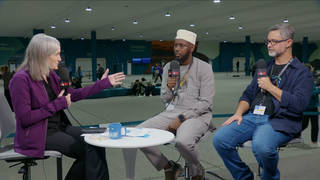
Topics
Leftist former trade unionist Luiz Inacio Lula da Silva dominated Brazil’s presidential elections, but failed to get an absolute majority. He is now headed for a face-off with the government’s candidate.
Lula garnered 47 percent of the vote in Sunday’s election, three points short of an outright victory in the first round.
The onetime metal worker will battle it out with Jose Serra, 60, of the ruling Brazilian Social Democratic Party on October 27. Serra had 24 percent of the vote.
Lula was born 56 years ago in a hut in the impoverished northeastern state of Pernambuco. He trained as a lathe operator, a trade that cost him a finger, and found work in Sao Paolo. In 1964 a military junta overthrew the elected government and began a brutal reign of terror that outlawed unions and branded them “communist fronts”. Despite the dangers, Lula, then in his twenties, led metal workers in a strike against Volkswagen of Brazil. Lula spent time in prison for his trade union activism but the movement’s support swelled. Strikes and protests put constant pressure on the dictatorship and contributed to its ultimate collapse in 1985.
Lula went on to lead the Workers Party in serious challenges for the presidency in 1988, 1994, and 1998, each time losing by small margins to opposition coalitions. He was the voice of the poor and down-trodden masses in these struggles, but this time around he is playing the game. His running mate is a right-wing textile magnate and he has moderated his criticism of the United States and the IMF.
Guest:
- Esther Hamburger, reporter with The Folha de Sao Paulo which is one of the largest newspapers in Brazil. She is also a professor in the school of communications at the University of Sao Paulo.











Media Options